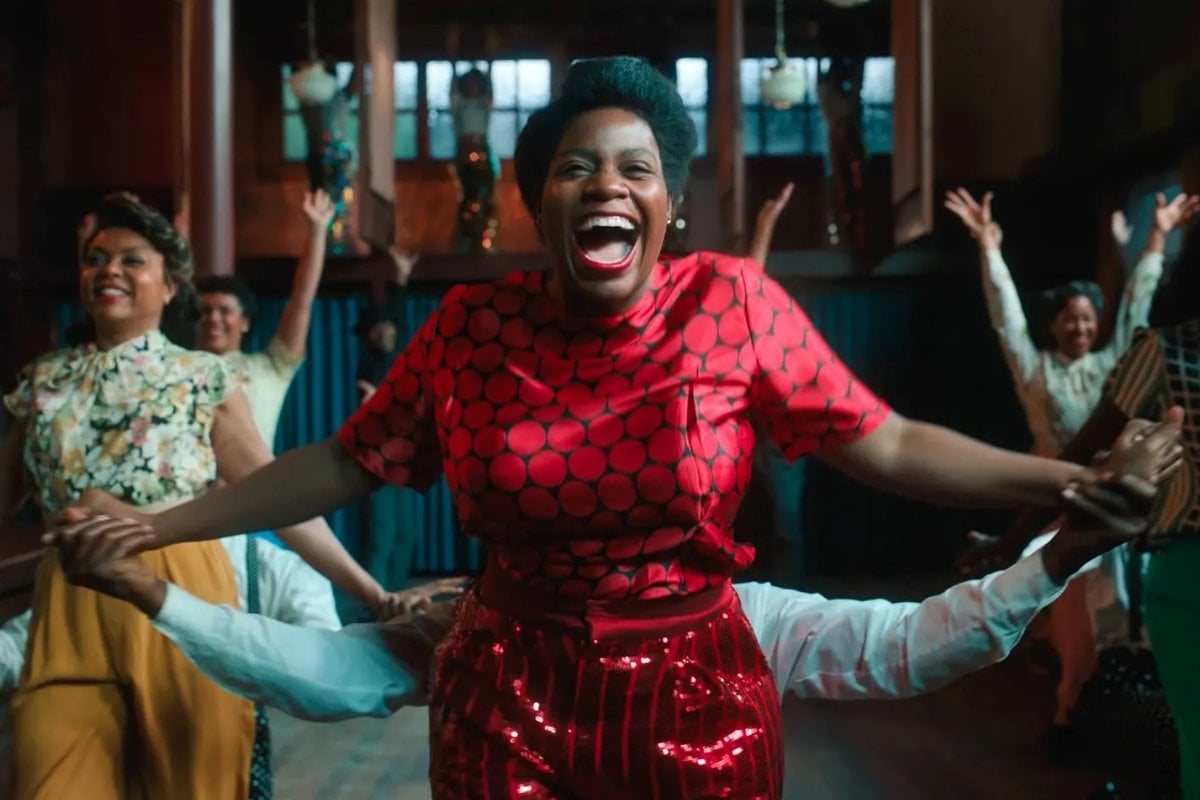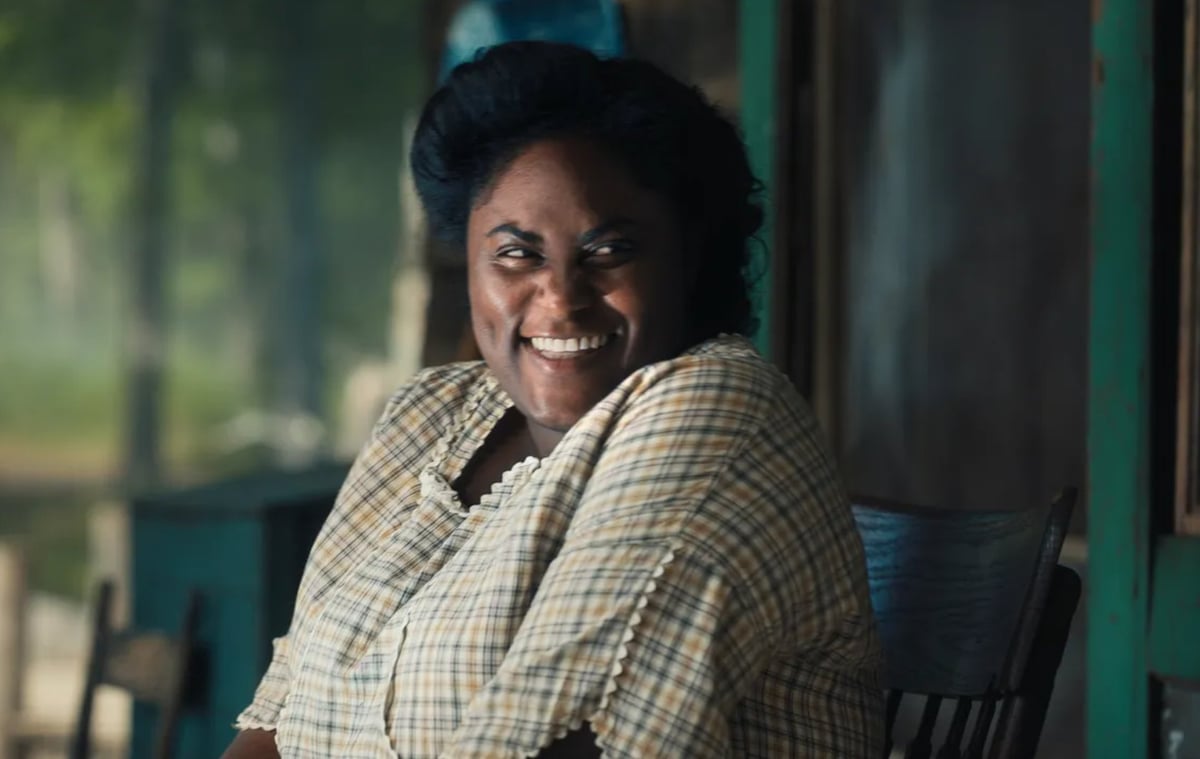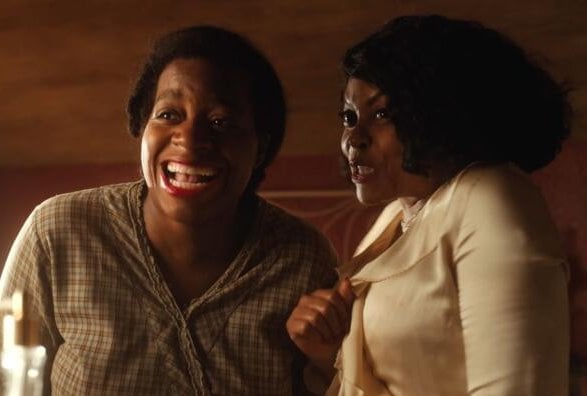
The Color Purple is a story about the power of the sisterhood that's been told in many forms – five to be specific.
Beginning as Alice Walker's Pulitzer-winning 1982 book, Steven Spielberg then turned it into an Oscar-nominated movie, then in 2005 the story inspired a Broadway musical that enjoyed a 2015 revival which won multiple Tony and Grammy Awards.
So yes, it's been a long and winding journey that's brought us to the latest The Color Purple iteration, which – in the vein of Mean Girls – offers a musical-movie based on the musical that was inspired by the film.
To be clear, I'd call it more of a movie with musical sequences – there are plenty of songs, but they're scattered throughout dialogue-driven scenes.
This revived take is directed by Blitz Bazawule and produced by Oprah Winfrey, Steven Spielberg, Scott Sanders, and Quincy Jones. Like the novel, the film is set in America's racially segregated South between 1909 and 1947.
The story follows Celie (Fantasia Barrino), who has to endure unimaginable hardships, abuse and trauma throughout her life, as she's torn away from her children and sister while being sold by her father to a violent and controlling older man named Mister.
Celie finds solace in a romance with Mister's mistress and sexy jazz singer Shug Avery (Taraji P Henson) and her friendship with the bold and unapologetic Sofia (Danielle Brooks).
The movie features several actors reprising their roles from the recent Broadway version, such as Barrino and Brooks.


Top Comments